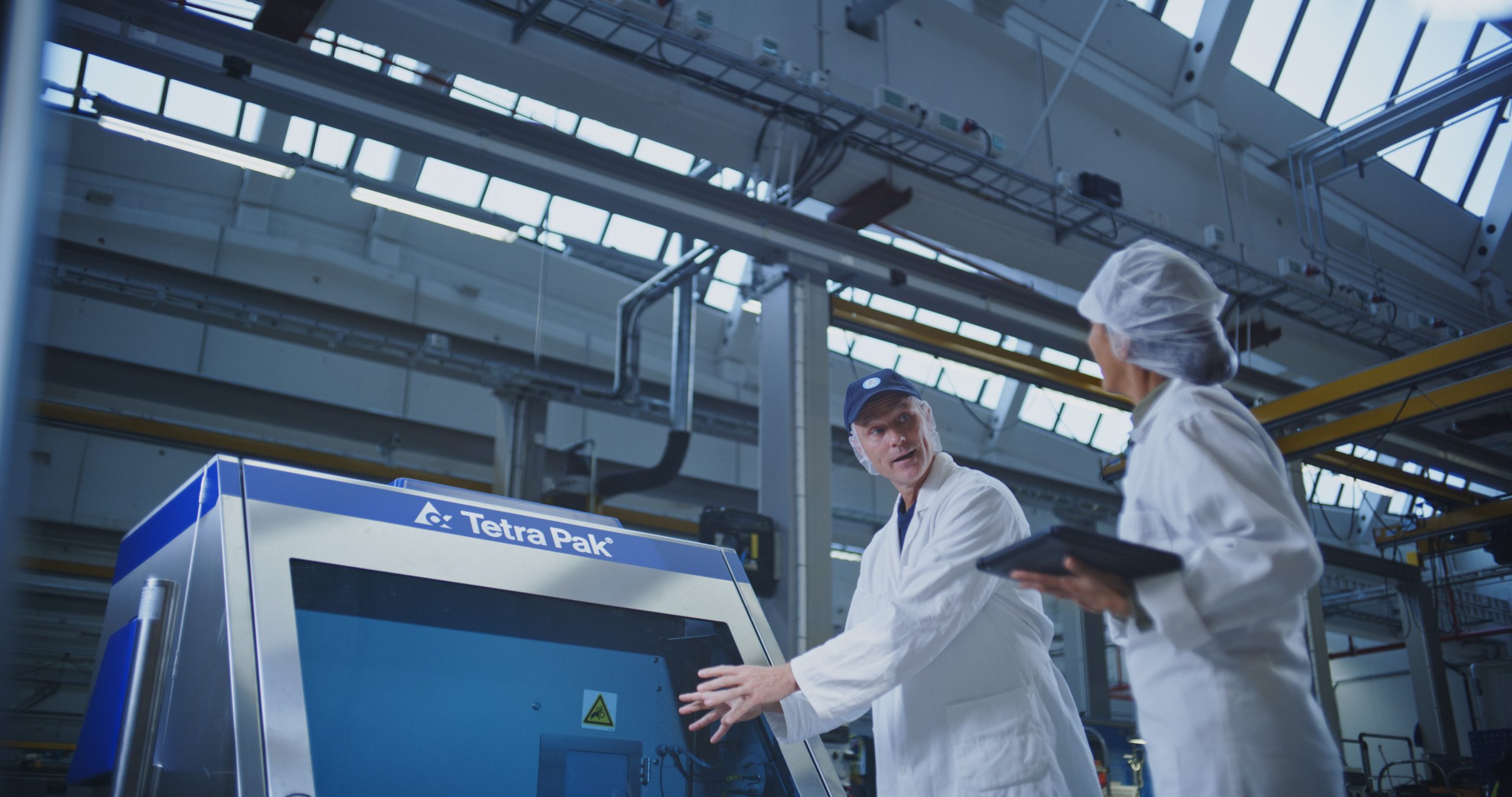The low-emission stainless steel will be available as an option for all models in Tetra Pak’s homogenizer line in Europe from June 2024. This strategic collaboration marks the beginning of a partnership to explore other applications of Circle Green across the Tetra Pak equipment portfolio, helping to further align food and beverage manufacturers with the EU’s Green Deal.
“The future of low-emission solutions is heavily dependent on sustainable stainless steel. The global demand for steel is increasing while the steel industry as a whole is responsible for 7-9% of global greenhouse gas emissions. Stainless steel plays a pivotal role in accelerating the green transition, and the food and beverage industry is a good example of where low-emission steel can have a significant impact. We are proud to partner up with Tetra Pak on this transformative initiative and look forward to delivering and developing more sustainable solutions that facilitate the decarbonization across the value chain. The cooperation with Tetra Pak is yet another concrete action towards a better future”, says Niklas Wass, Executive Vice President for Stainless Europe, at Outokumpu.
Circle Green is produced at Outokumpu’s plant in Tornio, Finland, and then delivered to Tetra Pak’s homogenizer body suppliers in Denmark and Sweden. After manufacturing, the bodies are then delivered to Lund, Sweden, where many of Tetra Pak’s homogenizers are assembled. By using Circle Green, Tetra Pak is generating a more sustainable offer for the climate-cautious partners in its value chain, and the machines with low-emission bodies made of stainless steel can be delivered globally to customers.
Stainless steel as an essential material – ensuring durability and hygiene
Food systems are responsible for over one third of the global greenhouse gas emissions. In this sector, everything from dairy beverages to table sauces relies on homogenization as part of its production process. For example, when processing milk, the homogenizer breaks down fat globules in milk into smaller fragments, resulting in a more stable solution – preventing creaming, and improving texture, flavor and shelf-life. Stainless steel used for homogenizers not only reduces emissions but also stands out as an essential material for the food processing industry because of its exceptional resistance to corrosion, its smooth surface, and its easy-to-clean nature, ensuring durability and hygiene — two indispensable qualities in food processing.
“Innovation sits at the heart of our philosophy as a business and our approach to sustainability. The incorporation of Circle Green into our product portfolio is an important step in leveraging the latest innovations to improve our upstream emission. Working together to help both Tetra Pak and our customers to reach our individual sustainability goals is fundamental to our promise to protect what’s good”, says Fiona Liebehenz, Vice President of Key Components Plant Solutions and Channel Management, at Tetra Pak.

